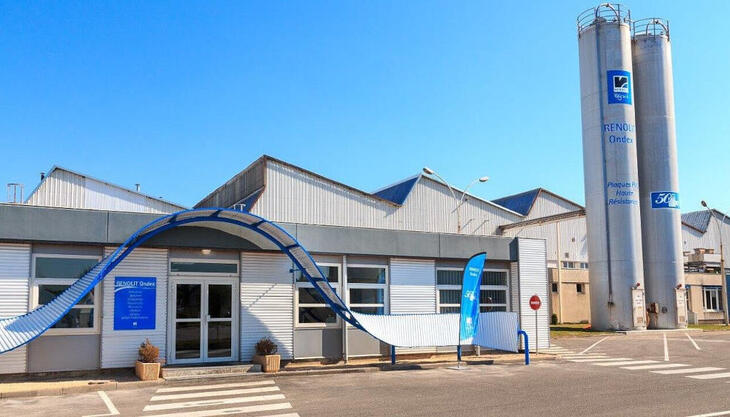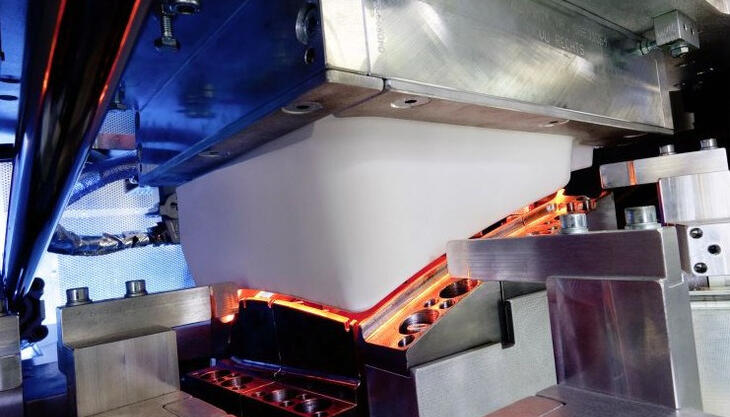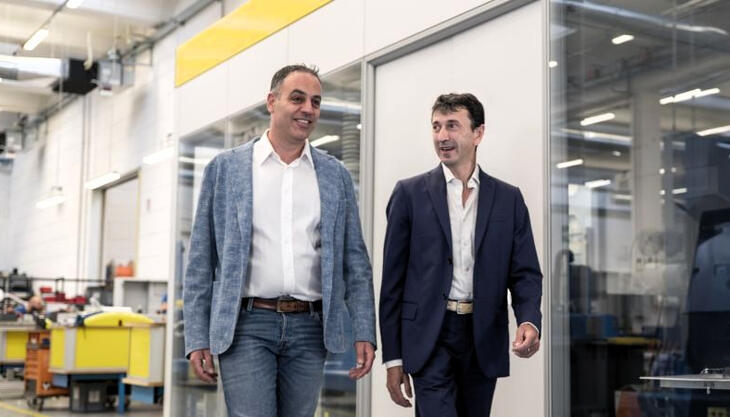Safe accelerators.
The 3-year Safe Rubber research project, funded by the European Commission as part of its Seventh Framework Programme, has now completed its first year.
The milestone was marked at a meeting held in Brussels on July 5, at the headquarters of Etrma (European Tyre & Rubber Manufacturers' Association), also attended by two European Commission officials charged with the periodic evaluation of the project. Assocomaplast coordinates the working group which consists of 12 members based in six European countries (Belgium, Italy, Latvia, Norway, United Kingdom, Spain), representing 4 trade Associations, 4 SMEs and 4 RTDs.
The goal of Safe Rubber is to identify and formulate innovative and ecological accelerators, for use in the production of synthetic rubber. In particular, the research Consortium is to develop, during the 3-year project span, a molecule capable of replacing ethylene thiourea (ETU), a vulcanisation accelerator used in the production of polychloroprene synthetic rubbers. This work is motivated by a precautionary principle, since the use of ethylene thiourea has been internationally regarded as potentially severely harmful to health.
A further goal of this research is to improve and safeguard the European industry's competitiveness against Far East nations which instead are not constrained by legislation concerning proper use of potentially dangerous or harmful substances.



















